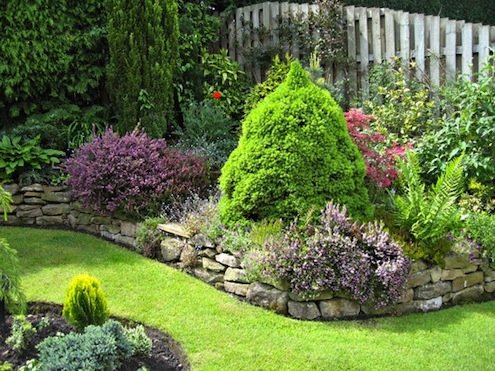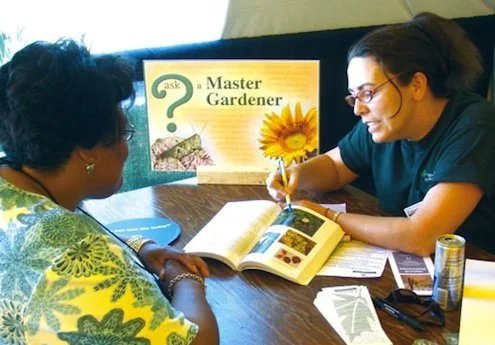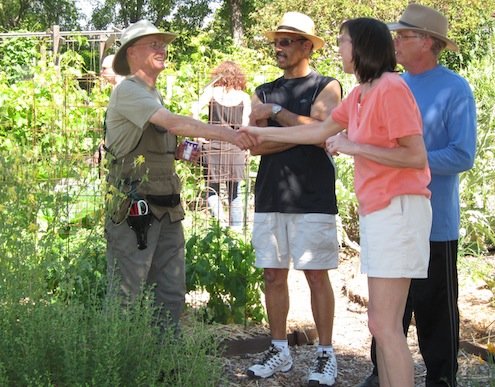

We may earn revenue from the products available on this page and participate in affiliate programs. Learn More ›
If you live on a property with a lawn or garden, you should be aware of Master Gardeners.
In 1972, the first Master Gardener program started in Washington State, after the growing suburban population had inundated the Washington State University Cooperative Extension with requests for horticultural information. A group of volunteers was trained to help; the idea took hold; and there are now Master Gardener programs in all 50 states.
Slideshow: 10 New Perennials to Perk Up Your Garden
Master Gardeners go through intensive training in a diverse range of horticultural subjects, including sustainable gardening, soil health, plant pathology and wildlife and pest management.
In return for their training, Master Gardeners commit a substantial number of volunteer hours, serving the local community in a number of ways: answering questions via phone or email, teaching at workshops, leading gardening tours, conducting research and more.
Do you need to figure out when a particular apple tree variety blooms in your area? A Master Gardener can help with that. Are you confounded by a mysterious plant malady you can’t seem to diagnose? Yup. Call a Master Gardener!

So, what are the top three reasons you should seek out Master Gardeners for advice?
Local Knowledge
Your area’s Master Gardeners have undergone training that is specific to your location. They will have knowledge about the soil types as well as the plant and tree varieties native to your area. In contrast, most gardening books and resources are written from a broad perspective. Master Gardeners know the territory—they will be able to impart wisdom based on their own experience, plus the experiences of a large number of other gardeners in your county.
Quality of Information
Provided by local extension experts, university professors, and industry figures, the training Master Gardeners receive is rigorous and continuous. In offering you assistance, they can draw not only on their own training, but also on a network of other Master Gardeners who have confronted and researched many of the horticultural challenges encountered in your locality.

It’s FREE
Master Gardeners volunteer their time to help their communities; there’s no charge for their expertise. You can find out about the Master Gardener program in your area by contacting your local extension office.
Avail yourself of their expertise. You have nothing to lose—and a beautiful, thriving garden to gain.
For more on gardening, consider:
Zen and the Art of Weed Whacking
5 Ways to Jump-Start Your Garden for Spring
Composting 101: What You Should and Shouldn’t Compost
